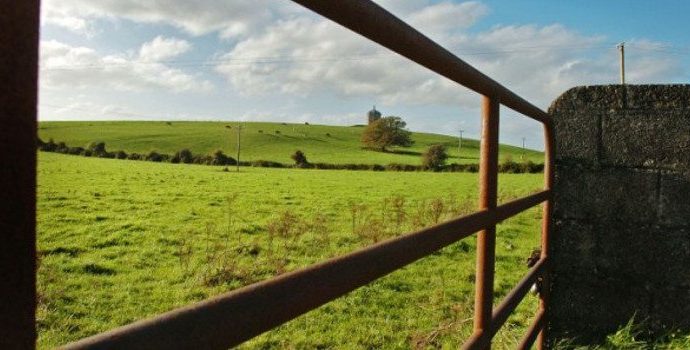
IFA President Francie Gorman said Minister Martin Heydon should have sought a further delay of the implementation of GAEC 2 from the EU Commission. This would have allowed it to be considered under promised simplification measures being designed by the EU.
“The IFA has been lobbying on this issue since 2021 and its implementation was postponed in 2023 and 2024. The Minister should have stood up to the Commission and looked for it to be reconsidered as part of the much-promised simplification package,” he said.
“The EU Commission had threatened Ireland with fines, but at the same time they keep talking about simplification and reducing bureaucracy. The Minister should have sat down with the new Agriculture Commissioner Christophe Hansen and given him a chance to deliver on his simplification promises. Farmers meet very onerous regulations as it stands and this will add to the burden,” he said.
“GAEC-2 will apply to up to 35,000 farmers. While the measures may not impact on many farming activities in 2025, it is the thin end of the wedge and there are real concerns that it will impact these farmers more in the future,” he said.
IFA has continually raised the disproportionate impact of GAEC-2 on Irish farms since it first appeared in the draft EU CAP proposals, and only last week we were very clear when we met Minister Heydon that he should take up the issue with the EU Commission.
“There is no doubt but that the provisions of GAEC 2 are going to be problematic for Irish farmers given the amount of peat soil we have. Now, at the eleventh hour, farmers are only being informed of GAEC 2 measures. The option of removing it or deferring it at EU level would be the best outcome, but ultimately, preserving agricultural activity is paramount. Any GAEC 2 measure that is introduced cannot damage the farm operation economically,” he said.
As regards social conditionality, I would be concerned that farmers are now going be punished on these issues more than others in society.
“Farmers must comply with employment law and Health and Safety requirements like everyone else. However, they may be subject to additional penalties on their payments now,” he said.




